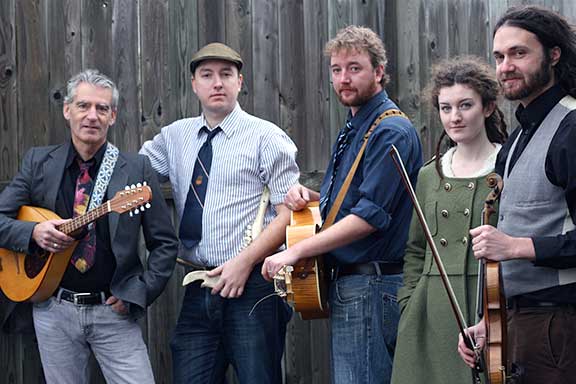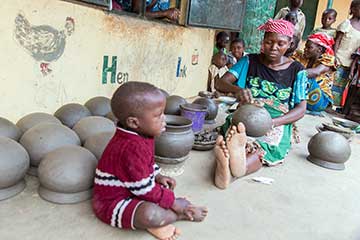;
;
;
Next Article
It’s an international language

Bombs blasted the city of Jos in Nigeria last month, killing more than 130 people. Local Mennonite Central Committee members Dave and Mary Lou Klassen have been there since 2012 and say reactions to the violence show promise in a place plagued by insecurity. “This time both Muslims and Christians we
Last updated on May 04, 23
Posted on Jun 20, 14
3 min read
